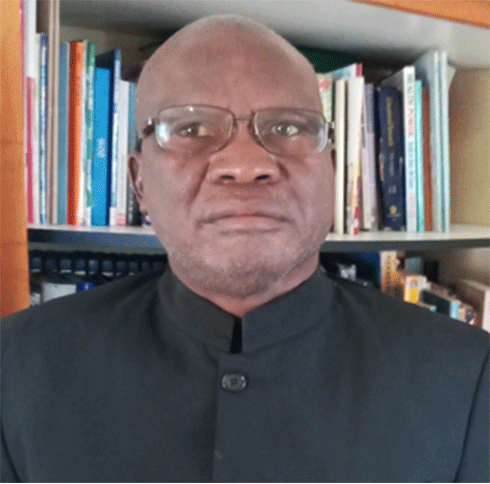According to the English dictionary, factionalism means the splitting of a group into factions, or conflict between factions. This splitting could be of a group of ordinary people or political parties. Factionalism has become a hallmark of the Namibian politicking system. It is legal, as the Namibian Constitution allows multipartyism as per Article 17, but party members should learn to disagree among themselves and continue working together as a team. However, the worrisome point is that many political factions have very little or nothing to offer, which is different from other parties.
Worrisome still are the coups detat and constant infighting within the same political parties, emanating from self-interest and self-aggrandisement. The causes of infighting are not intended for the masses which the individual members purport to serve. The recent infighting from the first national party in Namibia, the South West African National Union (Swanu) is a case in point and course for concern. It is disturbing to note that a group of members can depose an elected Member of Parliament without his involvement. This is unfortunately dangerously divisive when the country is seeking for “unity”, which has become a rare and scarce resource in Namibia.
The exile factionalism
Despite the preamble of the CANU and Swapo merger which emphasised unity, among other things, years later the signs of factionalism appeared and wrecked the whole process. Namibia had to reap the fruits of this factionalism during the liberation struggle, and partly paid the price when the other section of the merger threatened to secede from the merger and the country after Independence.
The preamble is very clear, and states thus: “We, the undersigned members of the South West Africa People’s Organisation (Swapo) and Caprivi African National Union (CANU) do hereby declare that for the interest of our struggle of our two peoples and freedom and independence of our fatherlands Caprivi Strip and South West Africa, CANU and Swapo do hereby unite as one organisation in a different name. We further resolve that CANU and Swapo merge and unite as one organisation...”
Factionalism after independence
The South African racist regime orchestrated a governance of divide-and-rule in Namibia during the colonial period. However, this trend of events is continuing unabated, even after thirty-one years of independence and nationhood in which political parties are tearing one another apart. The expression, “tashi li ekunde, oshi li mekunde,” should be applied as the parties know better the sources of their factional infighting. However, Namibians should not continue blaming the racist regime for this crime forever as it is their task to correct this evil indoctrinatory system. It becomes disheartening when Namibia is being ruled by a factionalised party, yet the leaders are behaving as if it’s business as usual, and are even not ashamed to be sloganeering, “One Namibia, One Nation.” Namibia is a young nation with very few people, hence the need to bring everybody on board is essential, imperative and possible if political leaders are willing to do so. It has not been difficult to discern the main purpose of factionalism in those political parties, because disunity borders on ethnicity. If political leaders fail to unite themselves at that level, how will they manage to pull together, let alone serve the nation in peaceful unity? The squabbles which border on factionalism take time, and the ultimate result is disunity, which may tear the nation apart.
Learning from other non-factional incidents
Namibian political leaders should know that people voted them into power to lead them in unity, not in factionalism. Some nations and political parties today have realised the importance of unity for development. The recent elections in Zambia, which led to the victory of Hakainde Hichilema, were a result of alliances with other parties. Although Hichilema was destined to easily win the elections, the alliance augmented that process with ease. Malawi also is a good example in which parties came together and formed an alliance which ousted the ruling elite. For many years in Kenya, the opposition could not realise their mistake of disunity until they came to their senses and formed a rainbow party which kicked out Moi, who kept on winning despite scoring fewer votes against the divided many opposition voters. When opposition parties are divided among themselves like that, what chances do they have to change the course of government for themselves?
Going back to Bantustans
Many political parties’ factions are formed along ethnic lines. This is quite disturbing to witness that the philosophy of One Namibia, One Nation is still an illusion after thirty-one years of nationhood. As David Lamb (1986) points out in his book, The Africans, despite its advantages, nationalism has failed to take root in Africa because many African political leaders pay lip-ice service to the philosophy. In addition, Africans have not harvested tangible nationalistic fruits. It is perhaps one of the reasons that lead to factionalism in many parties as they want to have access to resources because others have been eating on their behalf for a long time. Whatever reasons Swanu had against its sole representative in Parliament and its leader, surely was it not only fair to wait until the next legitimate conference before ousting him now? It has been the case with many political parties to overthrow their leaders before they hold conferences. Namibians should scrutinise and shun political parties which entertain factionalism at the expense of unity.


